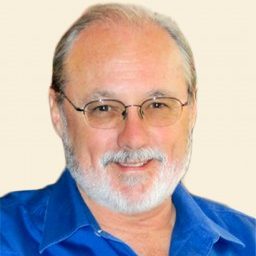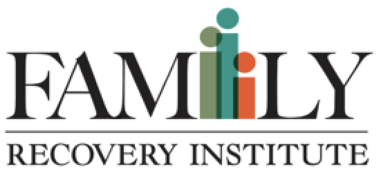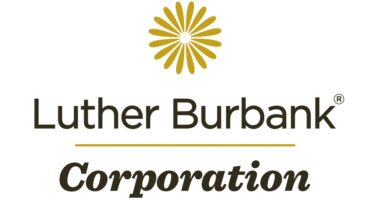12 sessions, the second and third Fridays of the month:
Sept. 14 & 21, Nov. 9 & 16, Dec. 14 & 21, 2018; Jan. 11 & 18,
Feb. 8 & 15, Mar. 8 & 15, 2019 | 10 am – 12 noon
An increasing number of psychotherapy clients have meditation and spiritual practices and want their spirituality to be recognized as a resource in their healing. Many also want therapists who will converse with them and offer guidance on the spiritual path. Jung’s extraordinary study of alchemy is his own spiritual inquiry and our invitation to inquire into ourselves to dialogue with the unconscious and gain wisdom and guidance from within. Jungian psychology uses our natural curiosity and the energy of our spiritual longing to contemplate such ultimate concerns as, “What am I?” “Who am I?” “What is Life and its meaning?” “What is Love?” and “What is God?” To accompany our clients in their quest we must draw upon our own natural capacity for inquiry. Alchemical symbolism will be found to be an exceptionally useful way to ponder the stages of the spiritual path for patients and therapists alike. This course is designed for depth psychotherapists who wish to engage in dialogue concerning the complementarity of clinical work and spirituality from a Jungian perspective. Jung called the spiritual center of our psyche the “Self.” He also said the Self reflects Divinity, the infinite depth and ground of all Being. Topics for our dialogue in this seminar include the following:
- The Trinity of Ego, Self, and Divinity from a Jungian perspective;
- Archetypal images in Alchemy;
- Archetypal images of inner wisdom and guidance;
- Archetypal patterns of mystical experience;
- Spiritual inquiry as dialogue with the unconscious;
- Spiritual inquiry, dreamwork, and Jungian psychology;
- Spiritual crises and conflicts;
- The centrality of the Feminine in spiritual inquiry;
- Similarities and differences between spiritual direction and spiritually integrated psychotherapy.
The frequency of mystical events reported by people in Jungian analysis and by the population at large led Jung to believe that all of us can develop a personal spirituality and discover meaning in our lives from our encounter with the unconscious. It is not just a mystic, sage, meditator, or religious person who has spiritual experiences. They are available to us all.
New participants who wish to register must interview with Dr. Wittine prior to registration to be accepted into this study group.
Learning Goals and Objectives:
- Students will summarize key definitions of Jung’s trinity of Ego, Self, and Divinity, as listed by Murray Stein in his paper, “Divinity Expresses the Self.”
- Students will articulate and apply specific requirements that allow spiritual inquiry to occur. Alchemical symbolism will be used to interpret these inquiries.
- Students will differentiate and briefly summarize the six stages of the alchemical journey.
- Students will select at least one spiritual crisis, conflict, or defense and summarize its major characteristics using Jung’s perspective on alchemy.
- Students will choose one archetypal image of inner wisdom and guidance that has meaning for them and briefly summarize its symbolic meaning.
- Students will compare and contrast spiritual direction and spiritually integrated psychotherapy.
- Students will discuss clinical material from their own and the teacher’s casework to illustrate examples of alchemical stages in depth psychotherapy.
Bryan Wittine, PhD, LMFT,is a Jungian psychoanalyst in private practice in Marin County. He is cofounder and former chair of the graduate program in transpersonal counseling psychology at John F. Kennedy University where he also served as Associate Dean of the former Graduate School of Consciousness Studies. He has served on the adjunct faculty at CIIS, ITP, and other graduate schools. Having trained in Existential-Humanistic psychotherapy, his long-standing practice of contemplative spirituality and studies in psychoanalytic psychology brought him to train at the C. G. Jung Institute of San Francisco where he now regularly teaches on such topics as deepening clinical work; depth psychotherapy and spiritual inquiry; and the integration of Jungian and transpersonal psychology.
COST:
Listed prices are public prices. Member discounts are applied when you log in.
Non Members:
$440 early registration up to 10 days prior to class, $460 after
CIP Members:
$300 early registration up to 10 days prior to class, $320 after
CEs: 24 CEs for LMFTs, LCSWs, and Psychologists. Certificates issued after completion of 12 sessions.
Community Institute for Psychotherapy is approved by the American Psychological Association to sponsor continuing education for psychologists. Community Institute for Psychotherapy maintains responsibility for this program and its content.
Cancellations must be received in writing 10 business days prior to the seminar or class for a refund minus a $25 cancellation fee.
Accommodation for Special Needs: Accommodations will be made wherever possible to accommodate those with disabilities. Please let us know of any disabilities upon registration, to ensure that proper accommodations are put in place prior to workshop/training.
Grievance Procedure: CIP will respond to complaints in a reasonable, ethical and timely manner, when submitted by program attendees in writing to the Chair of CIP’s Professional Development Committee.
Anti-Discrimination Policy: CIP shall not discriminate against any individual or group with respect to any service, program or activity based on gender, race, creed, national origin, sexual orientation, religion, age or other prohibited basis. CIP does not require attendees to adhere to any particular religion or creed in order to participate in training. CIP will not promote or advocate for a single modality of treatment that is discriminatory or likely to harm clients based on current accepted standards or practice.
*There is no conflict of interest or commercial support related to this CE program.











